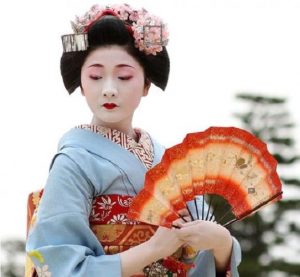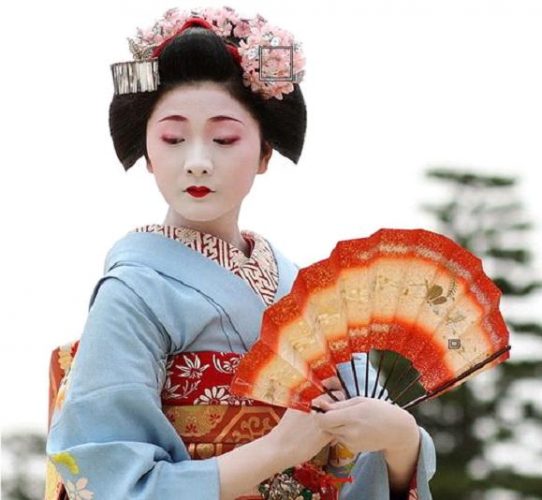By Sarah-Claire Jordan
 I know we already have several articles about Japanese on this blog already, but it is a language that deserves at least ten different articles in order to cover everything pertinent to Japanese translation. Japanese is one of those languages that, on the surface, seems to share a lot with others, but reveals its unique complexity the deeper you dig. When you realize this, it starts to make sense why so much of the most complex technology comes from Japan: they embrace things the rest of us ignore or don’t even notice.
I know we already have several articles about Japanese on this blog already, but it is a language that deserves at least ten different articles in order to cover everything pertinent to Japanese translation. Japanese is one of those languages that, on the surface, seems to share a lot with others, but reveals its unique complexity the deeper you dig. When you realize this, it starts to make sense why so much of the most complex technology comes from Japan: they embrace things the rest of us ignore or don’t even notice.
One simple, and not entirely perfect, way to get a glimpse at what I’m talking about is to type “I love you” into the machine translation software of your choice and see what you get compared to the actual translation of “I love you” in Japanese. You will see that, while the machine translation makes sense grammatically and even in terms of syntax, no native Japanese speaker would ever say it that way. The translation is too literal and doesn’t take into account the cultural subtleties that influence how Japanese is spoken.
The particular trait of Japanese that is being demonstrated here is the concept of “invisible subjects”. It may sound a bit complex, and it can be, but it essentially means that sometimes, the subject is completely omitted when speaking and writing in Japanese. It isn’t always necessary to indicate who the subject is, especially if only two people are talking in a conversation. It would be the English equivalent of saying “Like a lot” instead of “I love you”, but it is still correct and, most importantly, understood by everyone. In Japanese, this tends to be “Suki-desu” or “Sukida” when men say it, and “Daisuki” when women say it.
Something else to keep in mind with Japanese is the fact that not everything is going to be literal. One example of this, sticking with the “love” theme, is the story about Soseki Natsume, a famous writer, who also taught Japanese as a second language. The legend goes that he had a student who gave him a very formal and outdated translation of “I love you,” (“Ware nanji wo aisu” in this case) and he corrected it to say “Tsuki ga kireidesune”. This, literally translated into English, means “the moon is beautiful”. Now how could this possibly be an accurate translation of “I love you”?
Taking a step back and looking at Japanese literature and culture in general, you will see that many times, expressions of emotions and personal feelings are not said in the direct way we would say them in English and other languages. There is a concept in Japan of inner self and outer self, and the inner self, which includes emotions, is something not everyone gets to see all the time. By saying “the moon is beautiful” to someone, in the context of being alone and having spent lots of time together, it is understood that you mean “I love you”. How? Well, as in every culture, things are more beautiful when you are in love.




